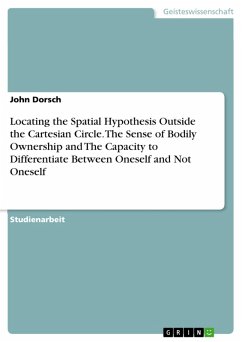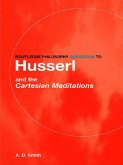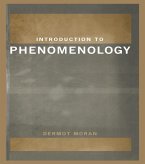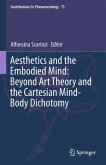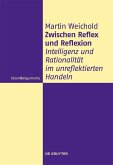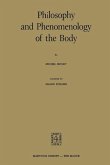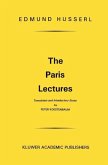Studienarbeit aus dem Jahr 2015 im Fachbereich Philosophie - Philosophie des 20. Jahrhunderts, Note: 1,3, Eberhard-Karls-Universität Tübingen, Veranstaltung: The Philosophy and Cognitive Science of Embodied Agency, Sprache: Deutsch, Abstract: The sense of bodily ownership is perhaps the most important aspect to bodily experience. It gives rise to the body`s privilege status as the only object we experience as our own, experienced as subject. But despite how basic this sense is, describing what it is and how it works has been anything but straight-forward. The best explanation for the sense of bodily ownership is arguably the Spatial Hypothesis. It claims that the sense of bodily ownership derives from the spatial representation of the body. Although I support this hypothesis, I argue that past attempts at grounding it risk resulting in a Cartesian circle. I propose a solution distinguishing between capacity and content.
Dieser Download kann aus rechtlichen Gründen nur mit Rechnungsadresse in A, B, BG, CY, CZ, D, DK, EW, E, FIN, F, GR, HR, H, IRL, I, LT, L, LR, M, NL, PL, P, R, S, SLO, SK ausgeliefert werden.
Hinweis: Dieser Artikel kann nur an eine deutsche Lieferadresse ausgeliefert werden.

